International Women’s day is celebrated in many countries around the world to revel the achievements of women beyond the divisions of national, ethnic, linguistic, cultural, economic or political barriers. Today, Remembering The Famous Women In History with gender equality and women’s rights are openly debatable topics but this discussion of women empowerment and women’s rights is not new. The debate dates back to 1848 when the women marched together for the civil, social, political rights in the Declaration of Sentiments and Resolutions. United Nations officially recognized the day in 1977 as Women’s Day and since then every year the day is associated with a specific theme. The theme for 2020 is “I am Generation Equality: Realizing Women’s Rights”.
We are all aware of the efforts this generation of women is taking to move beyond the dominant ideology of patriarchy. But, do we know about the inspirational women in history who led the movement towards women’s rights. These rebellious women who broke the shackles of set gender stereotypes deserve a shout out on the 109th International women’s day.
Here is the list of Famous Women In History who brought the revolution in women rights:
1. Marie Curie (1867 – 1934)
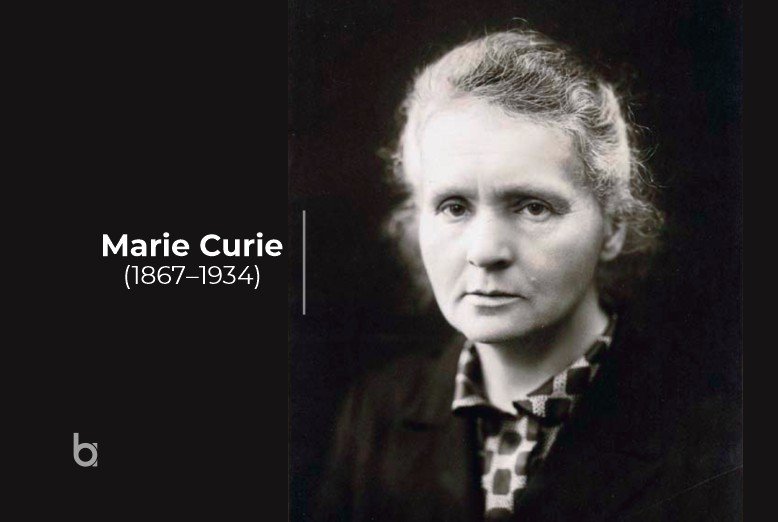
Marie Curie is known as the celebrity scientist for her contribution to cancer research. She was the first woman to be awarded the Nobel Prize in 1903 for her research in radioactivity. Curie later went on to win a second Nobel Prize, for chemistry in 1911. To date, she is the only person to have won two Nobel in two different sciences and one of the famous women in world history.
Due to the research in radioactivity, she was exposed to radioactive materials and carried test tubes of radium in her pockets. She died of aplastic anemia at the age of 66. Her contribution to Cancer research cost her own life, but Marie’s legacy lives to date.
2. Ada Lovelace (1815–1852)
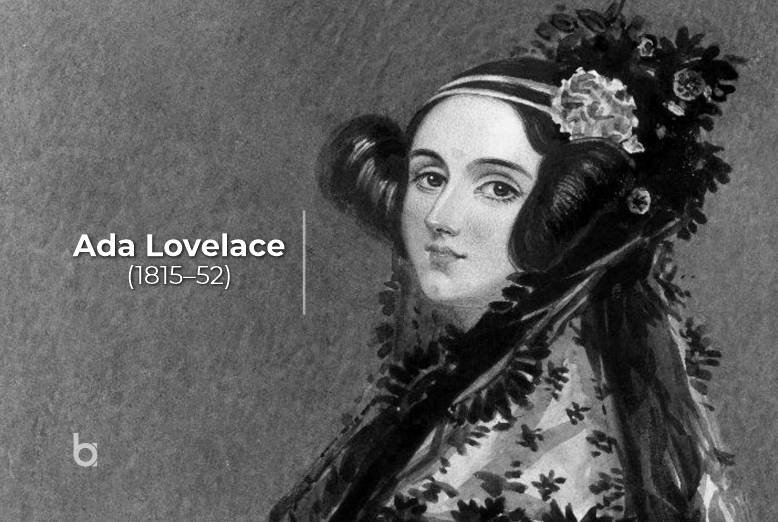
It is often said that female contribution in the technological sector is less as compared to that of men. But Ada Lovelace’s contribution to the technological world proves the contrary. Born in the early 19th century, Ada is the first computer programmer. Her interest in science and mathematics challenged the expectations of class and gender at that time.
Ada is an influential woman figure not just because she was a woman excelling during a period when men dominated the fields of science and mathematics, but also she had a unique and farsighted vision into the potential of computers.
3. Mary Wollstonecraft (1759–1797)

Mary Wollstonecraft was one of the founding feminist philosophers, an English writer, and an advocate of women’s rights. Even today, feminists often quote her work as an important influence. She book A Vindication of the Rights of Woman is the foundation of modern feminism that argues for the equality of women to men.
Through her book, she concentrated on the limitations that women suffer due to the lack of education rights. She writes: “Taught from their infancy that beauty is woman’s scepter, the mind shapes itself to the body, and, roaming round its gilt cage, only seeks to adorn its prison.” She implies that, without the encouragement young women receive from an early age to focus their attention on beauty and outward accomplishments, women could achieve much more.
4. Virginia Woolf (1882-1941)
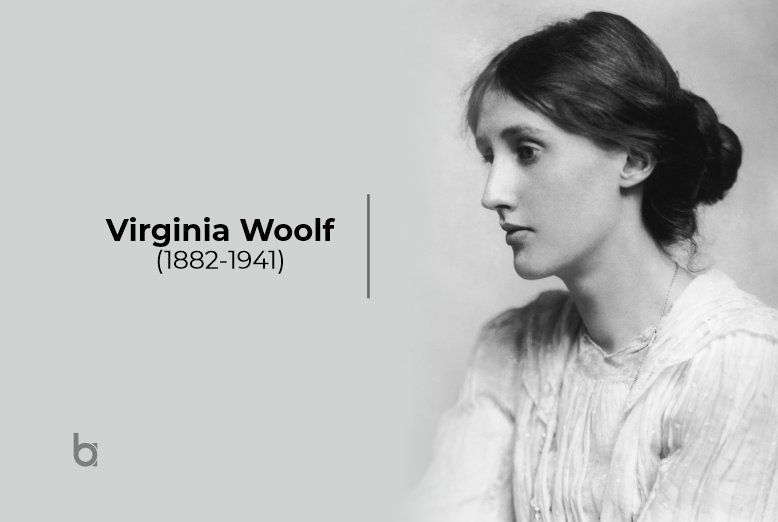
“A woman must have money and a room of her own if she is to write fiction,” quotes Virginia Woolf, a famous English author. Apart from being a great author, Virginia was also one of the founders of the influential literary set the Bloomsbury Group.
Virginia was a fan of Mary Wollstonecraft’s work and just like Mary, she too turned into an inspiring feminist. She was one of the central subjects of the 1970s movement of feminist criticism and her works have ever since been in limelight as an inspiration. Today, you will find Virginia Woolf commemorated by statues, societies dedicated to her work and a building at the London University. Despite a complex personal life and controversial viewpoints, Virginia is an influential woman figure for the generations.
5. Queen Victoria (1819-1901)
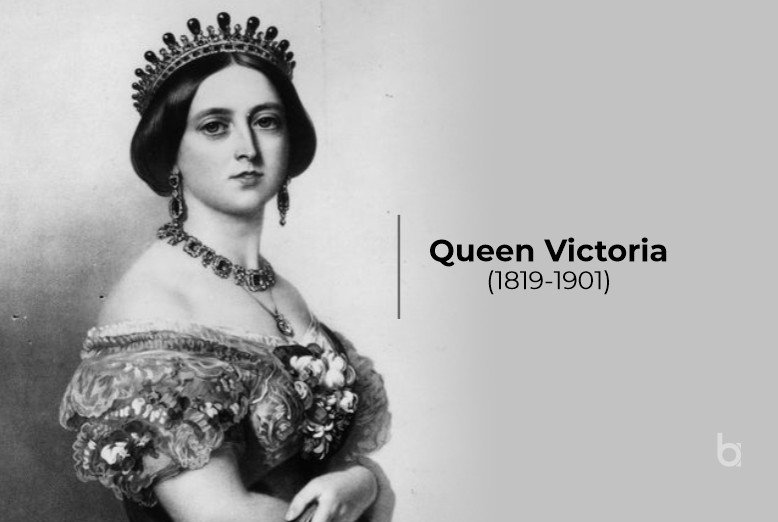
One of the UK’s most iconic monarchs is Queen Victoria. She was crowned in 1837 and foresaw the nation and its empire for a remarkable period. She ruled for 6 decades witnessing social, technological and economic change throughout history. Queen Victoria was the empress of the world’s largest-ever empire, and her name denotes an entire era of British History. Even today, century after her death, she is portrayed in countless films and TV series.
6. Diana, Princess of Wales (1961-1997)

Diana, the rebel princess of the royal family, is one of the most famous women in history. Her transformation from a dutiful, innocent bride to an outspoken and controversial figure is noteworthy. Diana ripped up the rule book and lived her life on her terms.
Diana was the centre of attraction for media, regardless of her being a part of the royal family or even after her divorce. She has left behind a legacy of social work which was well renowned globally. She spread awareness among individuals on the issues which were considered taboo like HIV/AIDS, mental illness and those affected by cancer. The Princess of Wales never went by the rules and always led by her heart not mind.
7. Bessie Coleman (1892-1926)
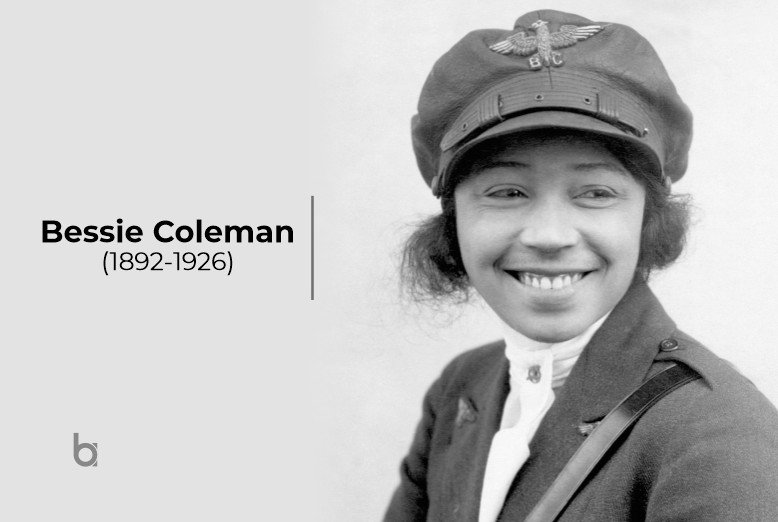
Back then racism was also a topic of concern that limited access to basic rights. In 1921, Bessie Coleman was the first American woman to earn an international pilot’s license, regardless of racial discrimination. She was prohibited from entering the American flying schools. She traveled to France to earn her license because American racial and gender bias issues restricted her to pursue her passion.
Despite having a license she couldn’t fly commercial planes thus leaving her the option of stunt flying. Bessie was a famous woman in history as huge crowds gathered to watch her shows. She raised money through the stunt flying and founded a school to train black aviators so that others could fulfill the dream that she couldn’t.
8. Amelia Earhart (1897–1937)

Another rebel aviator back in the era was Amelia Earhart, she took up aviation in 1921 at the age of 24. The following year, she broke the women’s altitude record when her flight raised the flight to 14,000 feet. Throughout the years, she broke many records resulting in her honorable mentions in aviation history.
Amelia was the first person to fly across from the Red Sea to India. She would have more records named after her but sadly was reported missing on 2 July near the Pacific. Amelia’s disappearance is to date is still an unsolved mystery.
9. Josephine Butler(1828-1906)
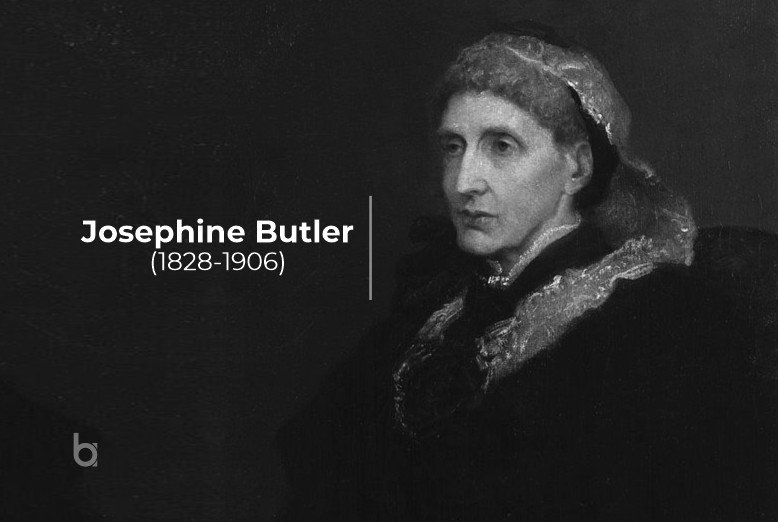
Josephine Butler is termed as the most distinguished woman in the nineteenth century. She was an English feminist and a social reformer in the Victorian era. She was fierce in discussing the double standard that existed in the male-dominant society.
Josephine actively campaigned for the women’s suffrage, the right of women to better education, the end of coverture in British law, and putting an end to child prostitution and human trafficking of young women. Josephine’s campaign strategies have reformed the way feminists and suffragists conducted future struggles and her work grabbed the attention of political people who never actively participated in the gender equality discussion.
10. Cleopatra (69BC-30BC)

Cleopatra is the final ruler of Egypt’s Ptolemaic dynasty; she was the epitome of beauty and courage. Being a formidable, politically shrewd monarch, she brilliantly handled all the challenges throughout her reign.
Cleopatra spoke as many as a dozen languages and was educated in mathematics, philosophy, oratory, and astronomy. She is described as a ruler who elevated the ranks of scholars and enjoyed their company. Cleopatra was ambitious in her desire to rule and influenced the politics of Rome like no other woman of her era.
11. Mother Teresa (1910-1997)

Mother Teresa was a Roman Catholic nun who devoted her whole life to caring for the sick and poor. She was born in Albania but spent most of her life in India. She established the Missionaries of Charity in 1950 which attracted many sisters. Later, many of them together took vows of chastity, poverty, obedience and free service to the poorest of the poor. Over 130 countries, the charity trust managed homes for the people who were dying, food for needy, orphanages and schools. Mother Teresa is one of the most famous women in world history.
She is still criticized for her views on abortion; however, she is a loved figure world-wide and a global inspiration who changed the lives of many vulnerable people.
12. Wangari Maathai (1940-2011)

Wangari Maathai was a Kenyan environmental activist who created the Green Belt Movement. This movement was centered on planting trees, environmental conversation, and women’s rights. She stood up courageously against the former oppressive regime in Kenya. Her actions shed light on the political oppression both nationally and internationally. Wangari is an inspiration for many in the fight for democratic rights and has encouraged numerous women in the betterment of the situation.
Wangari became the first woman in East and Central Africa to earn a doctorate. She was the first African woman to receive the Nobel Peace Prize for her contribution to sustainable development, peace, and democracy. She is an inspirational figure and among the most famous black women. From 2003-05 Wangari was elected to parliament and appointed assistant minister for Environment and Natural Resources.
13. Indira Gandhi (1917-1984)
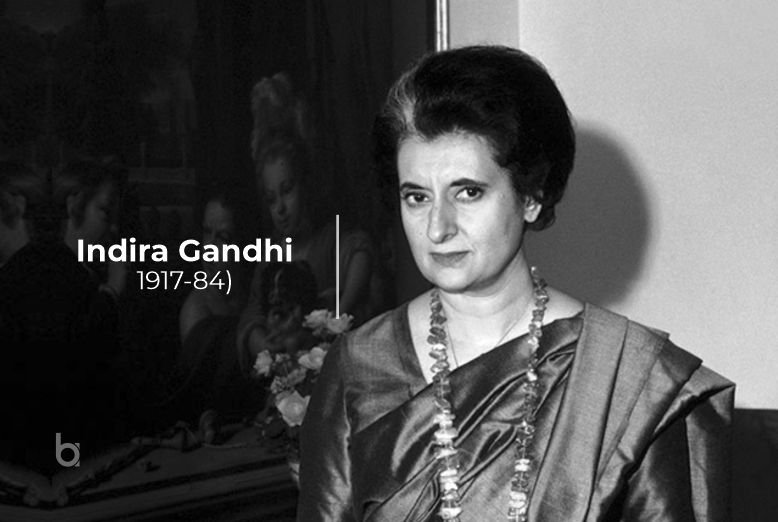
“I am in no sense a feminist, but I believe in women being able to do everything…Given the opportunity to develop, capable Indian women have come to the top at once,” quotes Indira Gandhi, the first and only female Prime Minister of India to date.
Indira Gandhi did not discuss her gender but she surely involved herself in the issues faced by women. Stepping away from gender roles, Indira performed her duties as a professional and not a ‘woman professional’. Indira Gandhi is one of the most famous women in Indian history. She is remembered for her political steel and the controversial legacy.
14. Mary Anning (1799-1847)

Far from the limits of precise education in, Mary Anning became one of Britain’s leading experts on prehistoric life. Mary was not formally educated in the field of paleontology but her curiosity led her to scour the cliffs of Lyme Rigs. Mary once wrote in a letter, “The world has used me so unkindly; I fear it has made me suspicious of everyone.”
She was a fossil collector, dealer, and paleontologist who became popular due to the Jurassic Marine findings. Mary’s contribution to the prehistoric study led to important changes in scientific thinking about the history of Earth.
15. Theodora (c497-548)
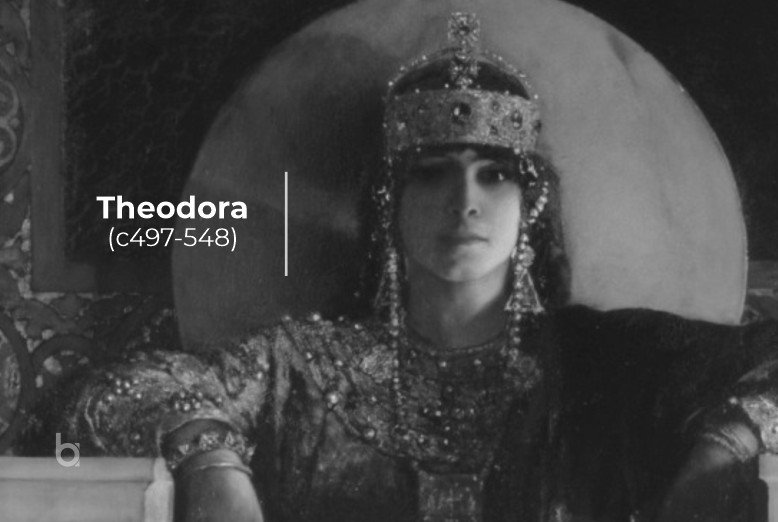
Theodora was the most powerful woman in Byzantine history. She was one of the first rulers to understand the rights of women and altering divorce laws to give greater benefits to women. She even prohibited young girls from trafficking.
Theodora did not belong to a humble background and yet was one of the most influential and powerful of the Eastern Roman empresses.
16. Nellie Bly (1864-1922)

Back in the days when women journalists focused more on domestic topics, Nellie Bly broke the chain and wrote hard-hitting stories about the poor and oppressed. She was a pioneer in her field and launched a new branch of journalism called investigative journalism. However, Nellie Bly was her pen name, her real name was Elizabeth Cochran Seaman.
Nellie was an American journalist, industrialist, inventor, and charity worker who was widely known for her record-breaking trip around the world in 72 days. During 1886-87 she traveled for several months in Mexico to investigate the malpractices, report official corruption and the condition of the poor, whilst also working undercover as an insane person to expose conditions inside asylums.
17. Marie Van Brittan Brown (1922-1999)
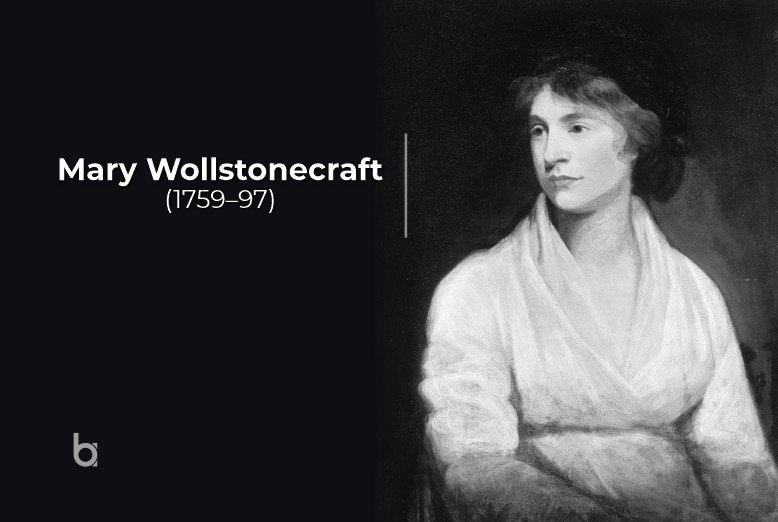
Marie Van Brittan Brown was professionally an African–American nurse and also the inventor of the first home security system. Marie also credited for the invention of the first closed-circuit television. She invented the CCTV for the protection of her family and friends. There was huge police negligence, so she invented the movable camera that could display images on a TV screen monitor of whoever was at the front door. In 1966, Marie patents the idea and it is still popular and used widely.
18. Sarah Breedlove (1867-1919)
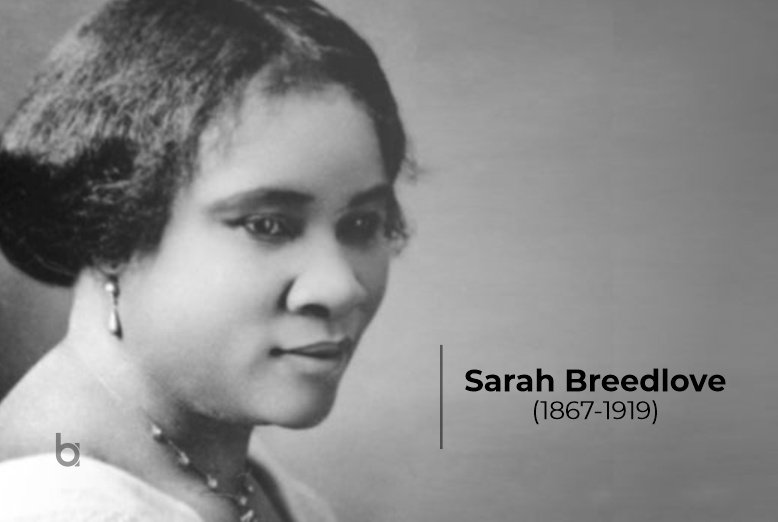
The first self-made female millionaire in America was Sarah Breedlove, popularly known as Madam C.J.Walker. She was an entrepreneur, philanthropist, and political and social activist. Sarah developed a line of beauty and hair products and personally marketed the products globally.
Sarah established a Madam C. J. Walker Manufacturing Company that made her one of the most successful wealthiest self-made women in history. Likewise, Sarah is one of the most famous black women in history.
19. Mary Somerville (1780-1872)

Mary Somerville is recognized as the “Queen of the Sciences.” She never attended any university but her contribution to science made Oxford open the doors for women education.
Her research aims at complex French astronomy that later became a standard textbook, and her syntheses of scientific knowledge communicated the latest discoveries to the public audience. Mary’s contribution was also celebrated by the Royal Bank of Scotland in 2017, by featuring her on the new £10 note.
20. Sarojini Naidu (1879-1949)
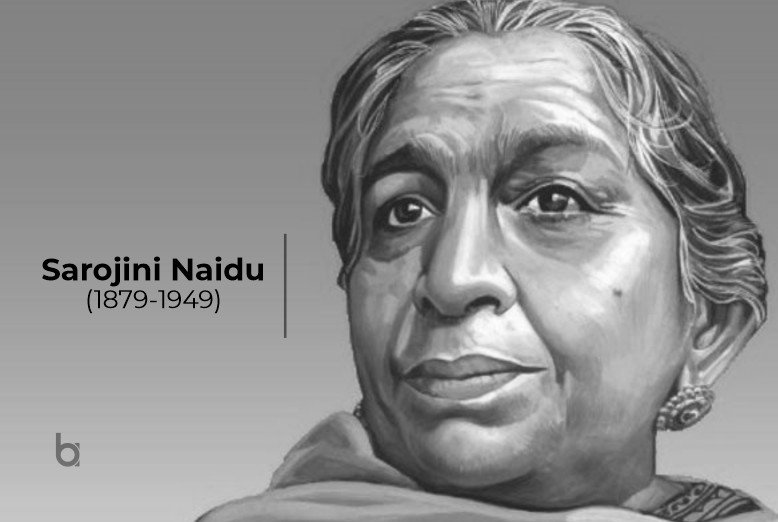
Sarojini Naidu is known as the Nightingale of India. She was an Indian independence activist and poet. Sarojini was the first Indian woman to be the president of the Indian National Congress and also to be appointed as the Indian state governor. She is among the famous women in Indian history.
She was a close friend of Mohandas Gandhi and in 1917, both formed the Women’s India Association. Sarojini led the civil disobedience movement in colonial India with this association.
21. Maria Bochkareva (1889-1920)
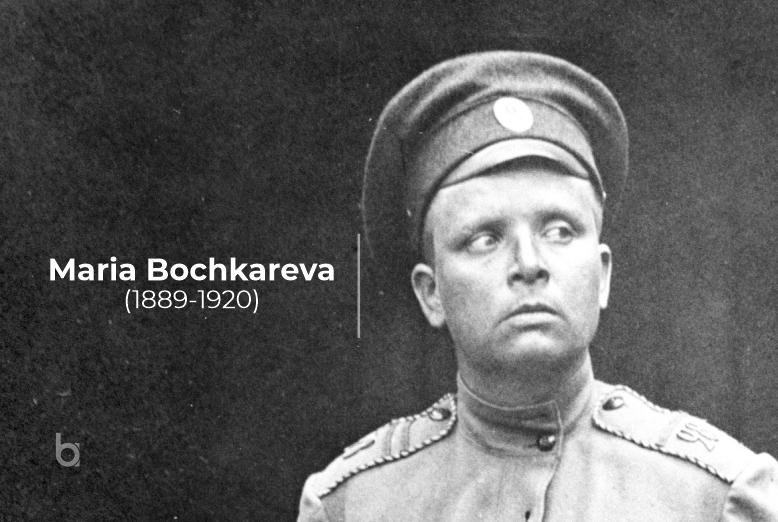
Very few people know that women were also directly involved in the war during World War I. Maria Bochkareva was one of the 1,000 women who joined the Russian army. At that time, the majority of women dressed as men to participate in the war but Maria didn’t hide her gender.
In 1917, she was made the commander of Russia’s first all-female Battalion of Death. During that period, when no other countries allowed women in combat roles, she headed an army troop. Under her headship, the battalion was succeeded in taking over the German trenches on the Eastern Front.
22. Junko Tabei (1939-2016)
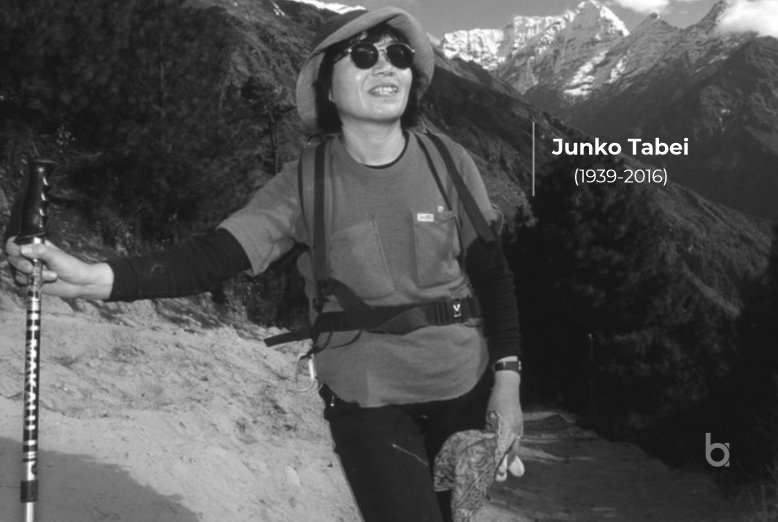
Regardless of the backlash from the people, Junko Tabei became the first woman to reach the summit of Mount Everest, a place in which she described a “smaller than a tatami mat.” Junko emerged as a symbol for women’s empowerment and challenges the female stereotype and made headlines for her astounding human endurance.
23. Elizabeth Fry (1780-1845)
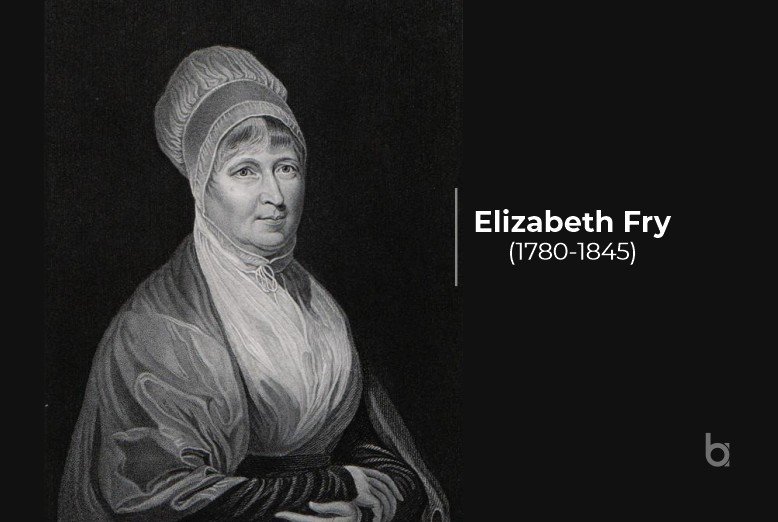
In the Victorian period, the prisoners were kept in callous conditions. Elizabeth Fry was an English Quaker, also known as the “Angel of Prisons” led the campaign to make conditions for the prisoners more humane. Also, she tried to change and improve the hospital systems and treatment for the insane.Grace Hopper (1906-92)
24. Grace Hopper (1906-92)

Technology has always been revolutionizing society. When the era of electronic computers began, Grace Hopper was one of the leading players among the team. She was the first woman to earn a Ph.D. in mathematics from Yale University in 1934.
Grace developed COBOL, the commercial programming language that enabled a military innovation to transform the business world.
25. Coco Chanel (1883-1971)
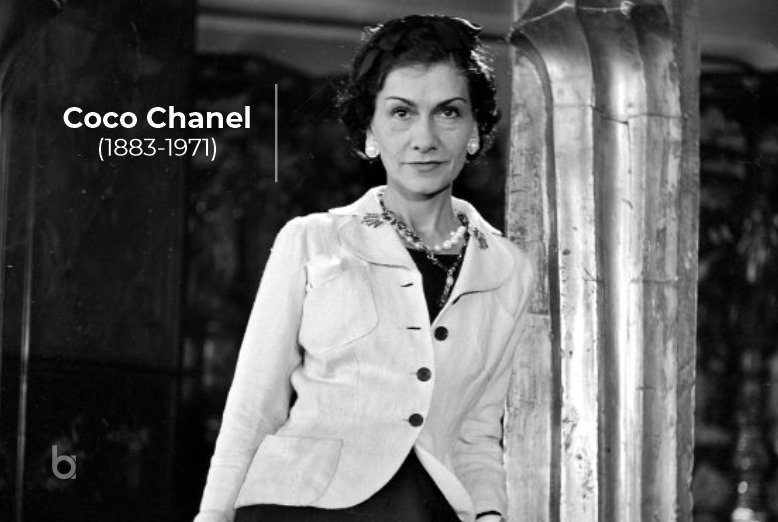
Chanel has a long-lived legacy of the biggest fashion brand. The inventor of this female fashion line was Coco Chanel. Coco experienced a difficult, nomadic childhood in France and emerged as an internationally famous designer. Her fashion line extends as apparel, jewellery, and perfume.
She revolutionized the fashion industry and making female fashion comfortable. “There have been several Duchesses of Westminster—but there is only one Chanel!”
Thus, women in history were not victims but heroes who began the rebellion for women’s rights. The current generation may feel that the battle for equality is tough, but the feminists from the 1970s know the prolonged and ingrained complexity of patriarchy. Due to women’s revolt against the set stereotypes, the world is witnessing a significant change and shift in both women’s and society’s thoughts. To conclude, Gloria Steinem, world-renowned feminist, journalist and activist once explained: “The story of women’s struggle for equality belongs to no single feminist nor any one organization but to the collective efforts of all who care about human rights.”
You may also be interested in reading: Women Entrepreneurs Can Mind Her Own Business!















